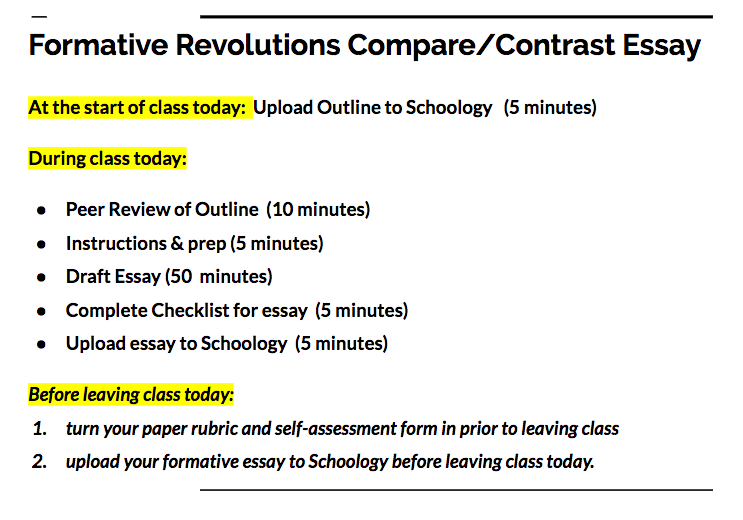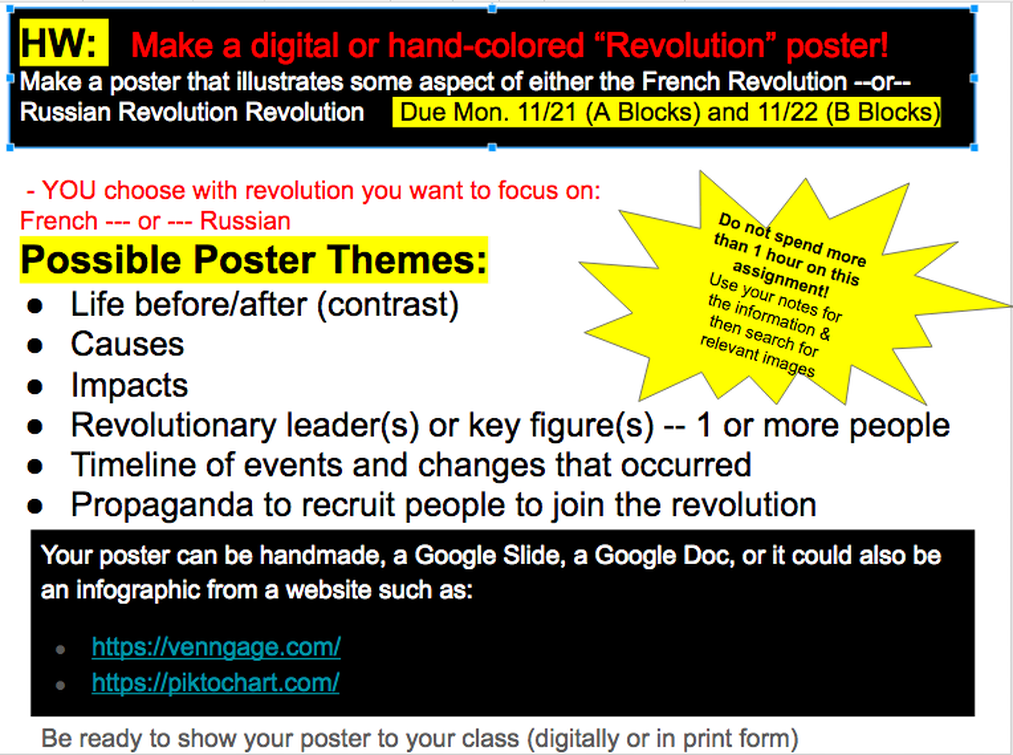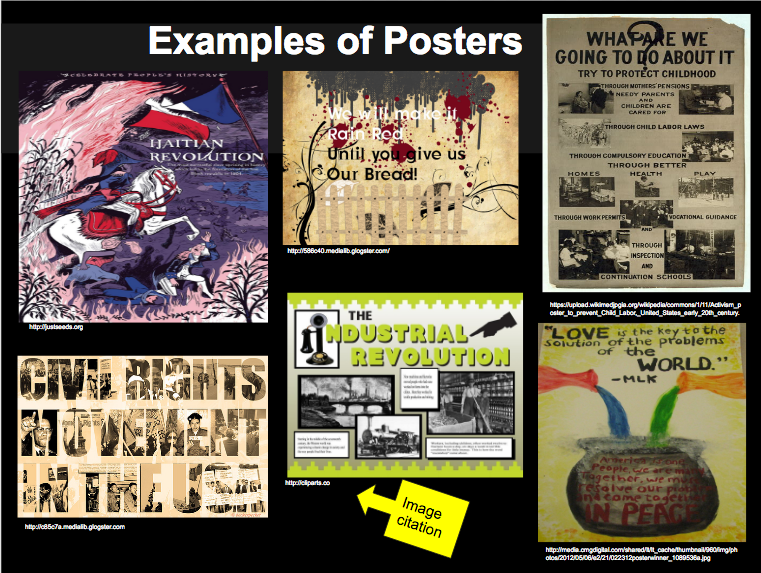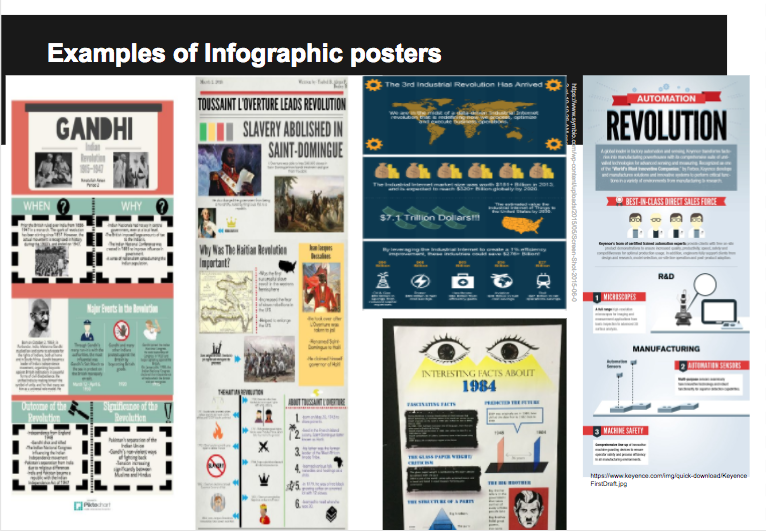Class time: review & prep for shared inquiry In today's class, we will begin by reviewing the feedback received for both your Shared Inquiry Prep Notes and your participation in formative Shared Inquiries
Helpful Links for Today's Class:
We will go over the QCI Table and what you need to add to this table. This table will be summatively assessed for your Shared Inquiry Prep. It is important that you complete it with detail and print it out prior to arriving to class on Thursday (A Blocks) or Friday (B Blocks). About the use of the QCI table during the Summative Shared Inquiry: You will be allowed to use the printed QCI Table during your Summative Shared Inquiry. All information on the QCI table must be relevant to the Shared Inquiry Discussion questions. You will turn these in at the end of class. You MAY NOT ADD to them during the Shared Inqiry-- you will be given a separate scratch piece of paper for recording ideas and thoughts you have during the Summative Shared Inquiry. You will be allowed to access your computer for looking something up or checking your "power" notes, but be careful as too much time on the laptop during the Shared Inquiry will waste time you could use in the discussion (it becomes a distraction). In today's class, you will be writing your essay (formative) on the similarity(ies) and difference(s) of the French and Russian Revolution.
In the first 10 minutes of class, you will conduct a brief peer review of someone else's outline. Afterwards, you will upload your outline to Schoology. You will have most of the class time to write your essay. Here is the breakdown of the class time today: In today's class, we will focus on comparing/contrasting the French and Russian Revolutions. Questions we will ask in small group discussions as we explore how these two revolutions were similar and different... Helpful Links for today's class:
Causes of the revolutions:
Process of carrying out the revolutions:
Consequences (impacts) of the revolutions:
Based on your group's responses (and your individual response) to these questions, develop a venn diagram (you will do this individually but with group input via small group discussion). After you have discussed this in your small group, we will discuss the two revolutions as a class. HW/Prep: Create an outline for a compare/contrast essay (formative) on the french and russian revolution. Your homework, in preparation for writing a formative compare/contrast essay on the French and Russian Revolutions, is to develop an outline for your formative essay. The following document has been dropped in your WH Drop Folder.
You will type your formative essay outline on this document: (have this ready at the beginning of next class)
Today, you will do similar work within your group as you did for the French Revolution, but this time for the Russian Revolution. This will allow us to be able to do a compare/contrast of the two revolutions and their leaders next week. Link to Today's Helpful Resources: Model of Russian Revolution (1 group member make a copy and share with rest of group) Russian Revolution Presentation -- additional links on last slide HW: Create a revolution poster -- choose either french or russian;
|
| Class Reflection Discussion:
| Today, you will continue working on the table of the 6 Stages of Revolution within your group. Afterwards, you will create a diagram of the causes, process and consequences of the French Revolution (a mind map). Your diagram needs to be digital and shared among your group. Finally, you will identify the key figures in the French Revolution and what role they played in the Revolution. Steps for today:
|
HW/Prep: Read Chapter 30, Sections 1 & 2 "Revolutions in Russia" (pages 866-881) --Take notes; answer questions
Questions to research and answer in your notes:
- Why did those in the revolutionary movement resort to the use violence and terror as a means to try to achieve their goals of the revolution?
- How is the form of government Russia ended up with similar to and/or different from their initial ideals at the start of the revolution? (remember their are intended and unintended consequences in revolutions)
Mrs. Stewart's Course
You'll find a daily agenda posted here for each day that class meets
Archives
May 2020
April 2020
March 2020
February 2020
January 2020
December 2019
November 2019
October 2019
September 2019
August 2019
May 2019
April 2019
March 2019
February 2019
January 2019
December 2018
November 2018
October 2018
September 2018
August 2018
May 2018
April 2018
March 2018
February 2018
January 2018
December 2017
November 2017
October 2017
September 2017
August 2017
May 2017
April 2017
March 2017
February 2017
January 2017
December 2016
November 2016
October 2016
September 2016
August 2016




 RSS Feed
RSS Feed